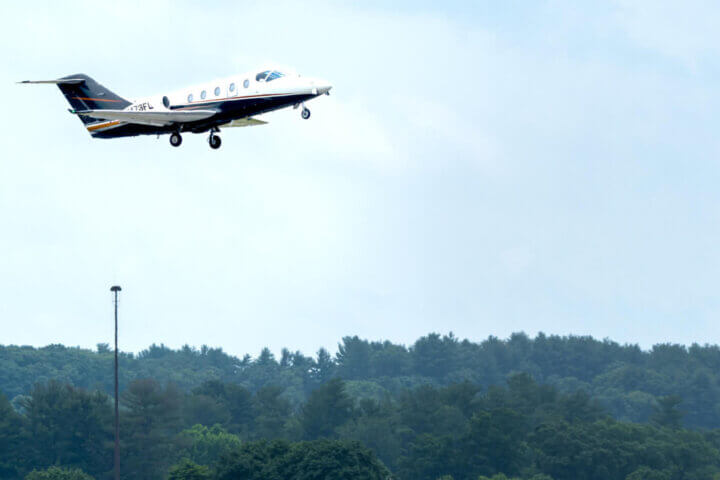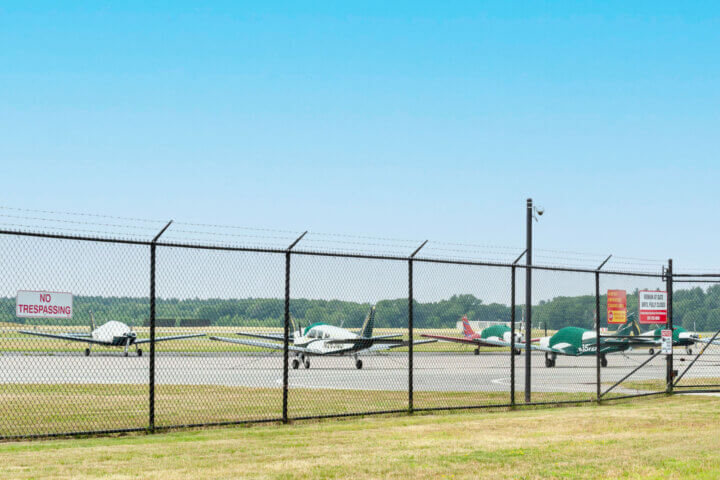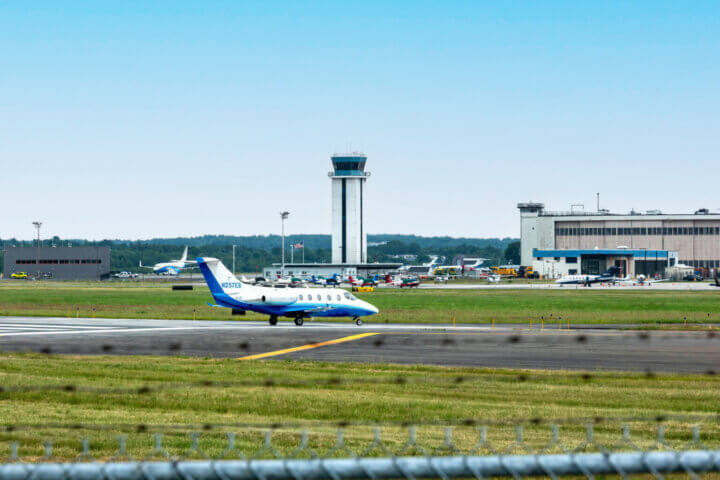The Commonwealth, through its absurdly low sales tax rate, is, in effect, subsidizing private jet fuel consumption.
Here are the numbers: Massachusetts jet fuel sales tax is 5%; Massachusetts gasoline sales tax is 24%. The average net worth of the private jet owner using Hanscom is estimated to be $140,000,000. The average net worth of the average citizen fueling up their vehicle with gasoline is considerably less than $140,000,000. So private jet owners pay five cents state sales tax on the dollar for jet fuel to fly to Martha’s Vineyard and Nantucket for dinner.
In contrast, I, like thousands of other Massachusetts residents, am paying 24 cents state sales tax on the dollar for gasoline to drive my car to a local pharmacy to pick up medicine and other necessities. What does that say about the Commonwealth’s public policy priorities?
Chapter 64J of the Massachusetts General Laws enables communities adjacent to airports to implement a sales tax on jet fuel (Bedford, Beverly, Boston, Concord, Lawrence, Lexington, Lincoln, Marshfield, Norwood, Worcester). The commissioner of the Massachusetts Department of Revenue oversees this tax program. The 5% rate was established in 1986 by the Department and has not been adjusted since. Rep. Cataldo and Sen. Barrett are aware of this issue and looking at alternatives.
Perhaps the Concord Board of Selectmen (as well as the other nine cities and towns affected) should similarly be looking into this. If the rate of state sales tax on jet fuel were to be made equal to the state sales tax rate on gasoline, the Town of Concord would realize over $1 million annually in new tax revenue dollars.
With the current debate on hangar expansion at Hanscom, why has the unjustly low jet fuel sales tax rate escaped our attention?
Russell Sanna
Nashoba Road





